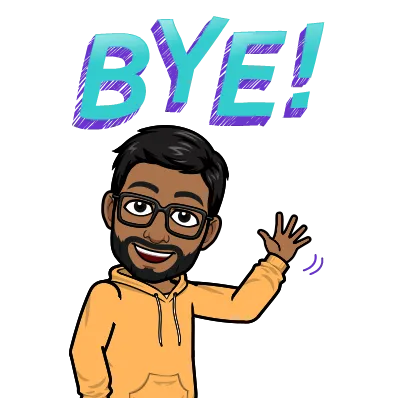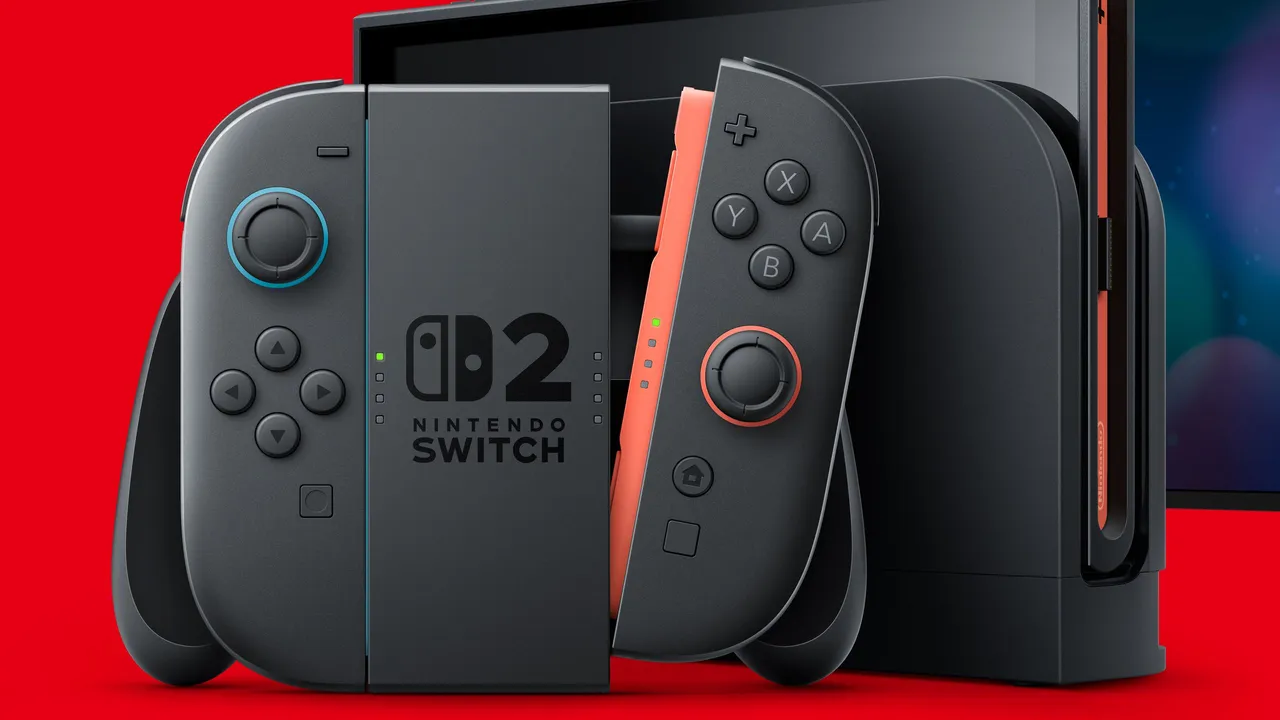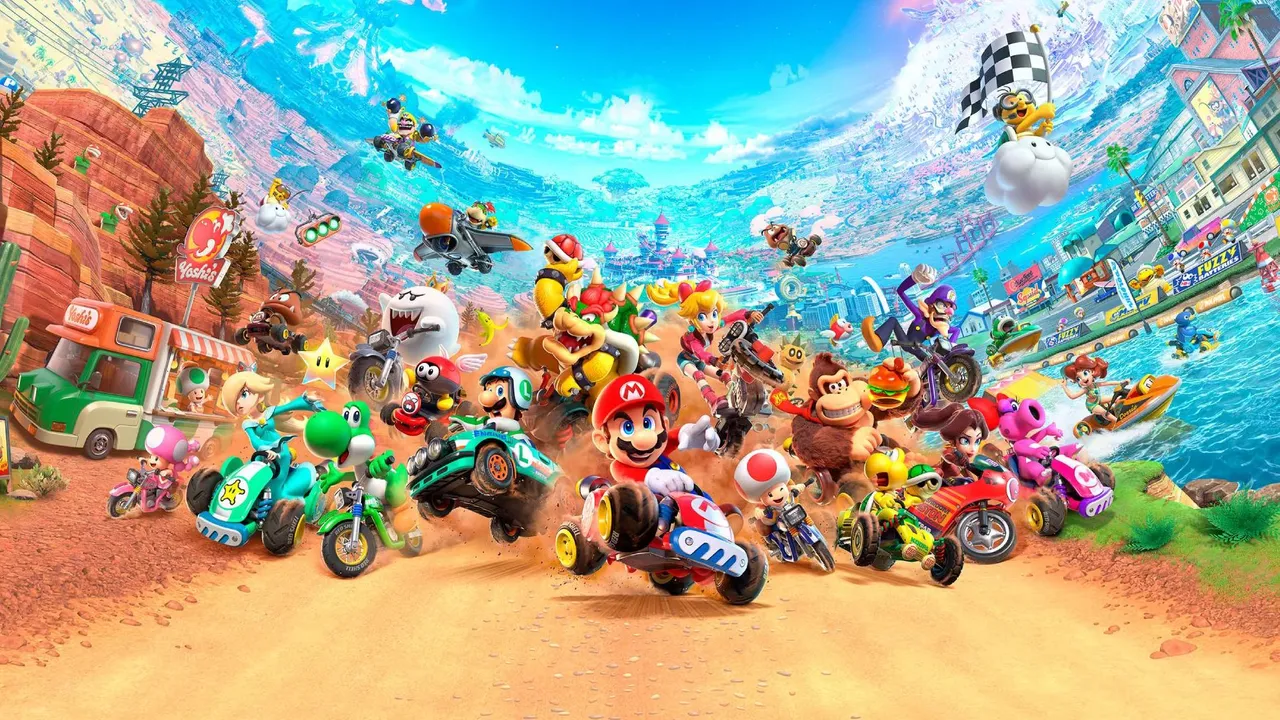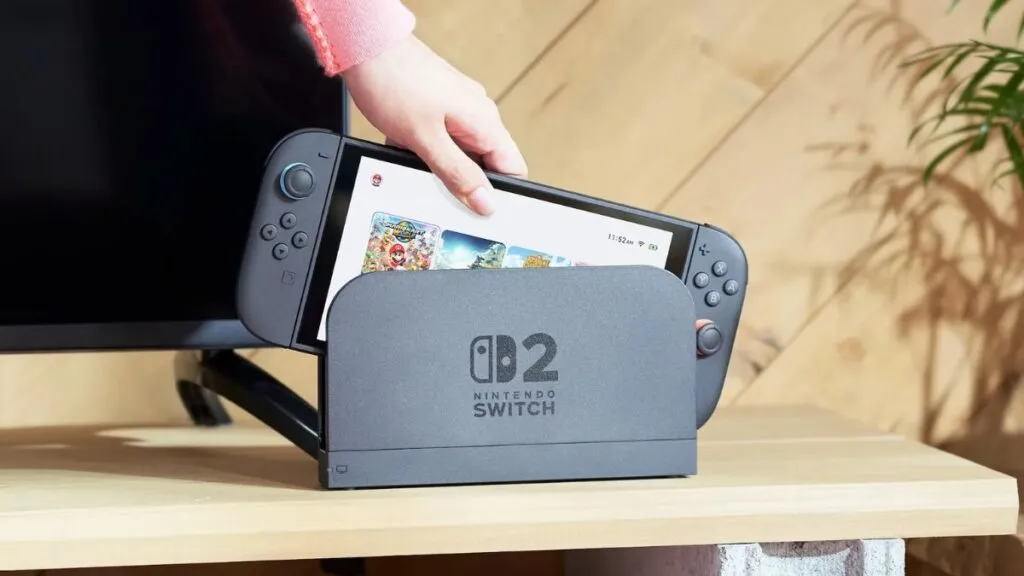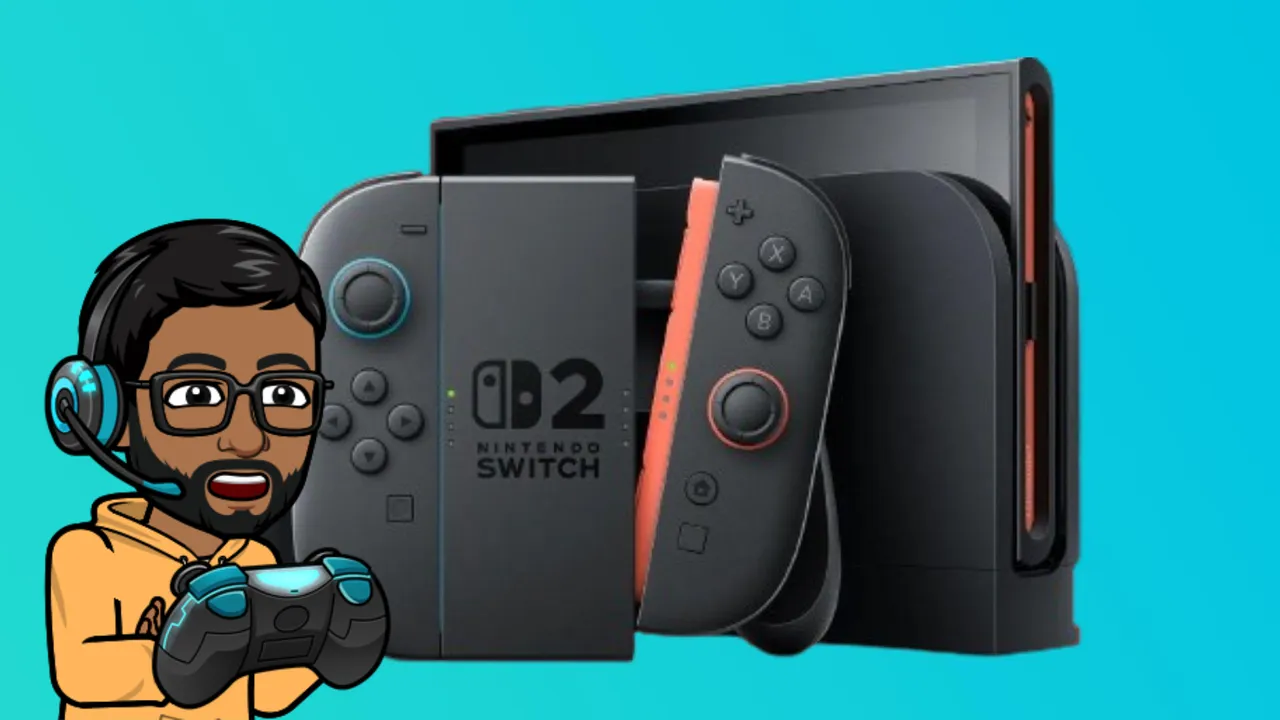
This cover was made using Canva and Bitmoji.

After a wait that seemed quite short to me, we finally have the successor to one of the most successful video game consoles of recent decades: the Nintendo Switch 2. And, although I've seen quite divided opinions on the matter since its announcement, I'd like to contribute my two cents to this interesting conversation.
One of the smartest decisions Nintendo made since the failure of the Wii U was to take advantage of the undeniable success they had always enjoyed with handhelds. This, combined with the hybrid nature of the Wii U gamepad (which allowed users to play without a TV), served as a starting point for the Switch, a console that would combine the best of both worlds. While it had less graphical power than its Sony and Microsoft counterparts, it made up for it with the ability to play more than one AAA game anywhere. Not to mention the extensive catalog of exclusives that would be added over the years, titles like Mario Kart 8 Deluxe, Smash Ultimate, Super Mario Odyssey, and the open-world installments of The Legend of Zelda.
This created a rather unusual situation, where the Switch appealed to a completely different target than PlayStation and Xbox. In fact, it ended up having a complementary nature for those who enjoyed either of these options, or, failing that, played on PC.

The result? Years of success, in a landscape where the Nintendo Switch was technically inferior, won each of its battles handily, and managed to break several of the stigmas that had plagued the Japanese company since the days of the Nintendo 64.
However, despite this, I feel it would be quite ignorant of me to say that penetrating the market for the Switch 2 would be an easy task, since ironically, all the triumphs of its predecessor meant that the eventual launch of a new handheld would have to bring many innovations to the table to be fully justified. And although many of the most traditional fans claimed they would be satisfied with little more than a hardware upgrade, we know that in reality things are a bit more complicated.
It doesn't help Nintendo's case either that the announced price was much higher than that of the original Nintendo Switch, something we know is due to the inflationary situation around the world, as well as the new technology implemented, but which ultimately ends up weighing on the pockets of us, the end consumer.
To add insult to injury, Nintendo had announced that the new Mario Kart installment would cost $90, sparking a bitter debate about the industry's direction regarding the price of its games.
And well, with only a couple of days left since the console's launch, it's safe to say that Nintendo made all the right decisions, and the Switch 2 will at least be able to replicate a considerable portion of the successes achieved by its older brother.
The Switch 2 is an extremely conservative continuation of the Switch 2, something evident in its design and the entire aesthetic language that accompanied the advertising campaign for its launch, as well as the backwards compatibility nature of its catalog and a considerable portion of its accessories.
In this way, we could say that we are looking at a kind of "Pro" version of the previous console, although in this case, dozens and dozens of new exclusive games will eventually accumulate.
This isn't something new for Nintendo, and we could compare this strategy to something similar to what happened with the Nintendo DS and 3DS, or even the Wii and Wii U.
What's truly surprising is that despite its size, the Switch 2 manages to at least approach the quality of a PlayStation 4 Pro, something surprising considering its portable nature, compared to other more robust options on the market like the Steam Deck.
The question is, do I think it's worth it? Well, it depends. While it's interesting to have the opportunity to play titles like Cyberpunk or Hogarth's Legacy in a portable format, we must remember that mechanisms for doing this have existed for a couple of years.
Aside from the new Donkey Kong and Mario Kart World, there aren't any genuinely new titles, but there is a collection of revamped games that appeal to all tastes and demographics, so in the end, the decision is up to each individual.
What is undeniable is that the compatibility with the original Switch catalog means that if you didn't have a Switch in 2025, buying the 2nd is not a bad decision, especially because the joycons look more comfortable, and the quality of the screen has improved at least compared to the LCD version.

Twitter/Instagram/Letterbox: Alxxssss
